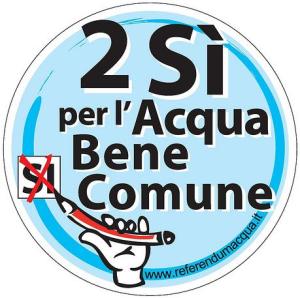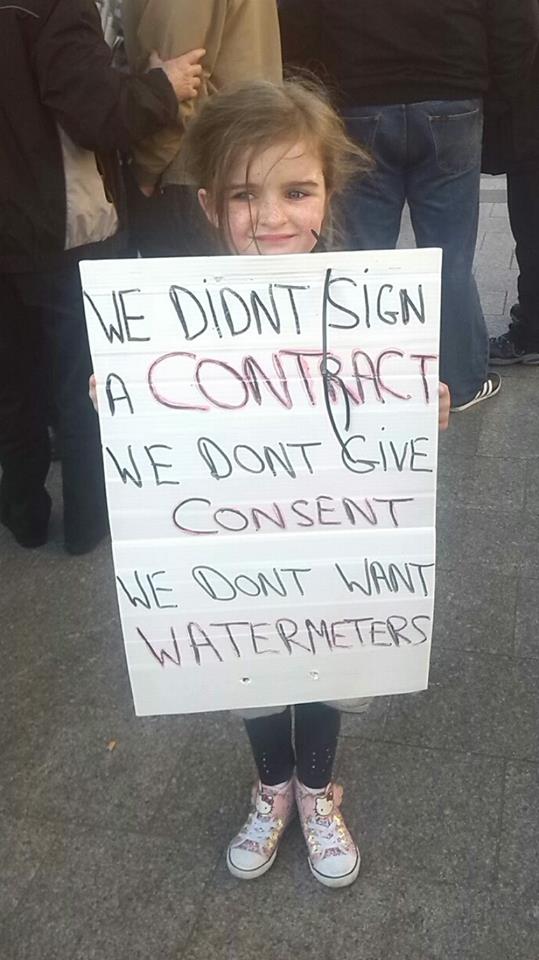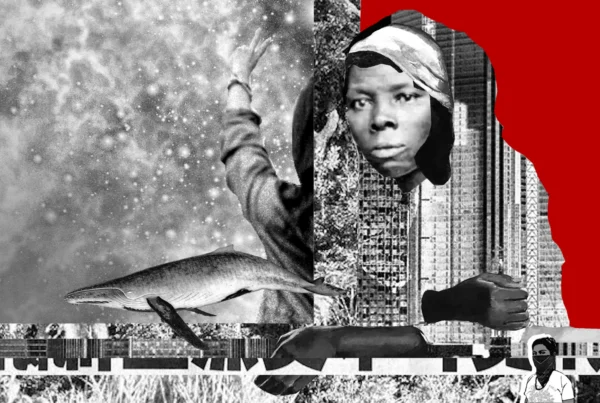By Patrick Bresnihan *
Throughout the globe a revolution is taking place as people organise to resist the privatisation of water. In a spirit of shared struggle against privatisation (in its many forms), on 23rd June a day-long ‘Thinkery’ at the University College Cork, Ireland, will explore differences in approach and attitude in anti-privatisation struggles mobilized around water.
On 23rd June, a day-long ‘Thinkery’ on Water, Anti-Privatization struggles, and the Commons will take place in the University College Cork, Ireland. The idea of the ‘Thinkery’ comes from Ivan Illich. In 1961 the Croatian-Austrian philsopher priest and educator founded the Centro Intercultural de Documentación – CIDOC (Intercultural Documentation Center) at Cuernavaca in Mexico as a ‘Thinkery’ – a place of critical thinking, encounter and conviviality. The Thinkery on June 23rd builds on Thinkeries on the commons, which took place in 2014 and 2015, and were supported by the Community Development Journal (more information on these can be found here).
This event will continue to explore different approaches to the commons, but this time with specific reference to anti-privatisation water struggles. The motivation for this is the Irish context. In 2014, a new semi-state water company was established in Ireland: Irish Water. This company has been tasked with rationalizing the water system (taking over responsibility for water services from 34 local authorities); introducing domestic water charges and metering; and financing infrastructural upgrades and extensions through off-balance sheet financing (see our previous blog post on this issue).
A nationwide, popular movement has responded by refusing to pay water charges, blocking water meters, and carrying out unprecedented mass demonstrations in the ‘austerity era’ (post-2010). While this movement has been successful in resisting neoliberal reforms of the water sector (and defending the status quo) there are many questions that remain: What comes next? What do we mean by a “public” water service? How to deal with infrastructural legacies of the past? How to build alliances across different water struggles – anti-fracking, anti-water charges, and the many local problems of water contamination from industrial activities?
This Thinkery has been organized with the aim of bringing international experiences to bear on the Irish context. Continuing the focus on the commons as a potential mobilizing concept for struggles beyond private and state, the organizers identified three different struggles over water that have mobilised (or could be understood through) the idea of the commons: 
- In 2011, the constituent process in Italy that sought to repeal the law enabling water privatization through a national referendum. This massive social coalition saw 27 million Italians reject the commodification of water, insisting that it be enshrined in the constitution as a ‘bene comune’ (a commons) that ought to be governed democratically and outside of the logic of profit.
- The current “re-municipalization” process in Catalonia, Spain (and elsewhere) which does not just seek a return to public ownership of the past but the re-invention of what is meant by the ‘public’, with a strong emphasis on citizen participation.
- The hugely significant resistance to the Dakota Access Pipeline by the Lakota and other Native American peoples. In contrast to struggles over water infrastructure (ownership and access to water services), the struggle in Standing Rock was over water as living entity, integral to territory and culture, thus offering a radically different, more-than-human conception of the commons.

Protests against the Dakota Access Pipeline at Standing Rock, North Dakota. Source: trofire.com.
We plan on using these three struggles, and their associated interpretations of the commons, to structure the Thinkery, with key speakers from each. A key focus of the discussions will be the current water wars in Ireland and what lessons we can learn from these different experiences internationally.
Rather than flattening the differences between these various approaches to the commons, the intention is to come together in a spirit of struggle (against privatization in its different forms) and openness about the different uses of the commons. People attending will be coming from a diversity of different groups and backgrounds in Ireland involved in re-thinking and struggling over water – including anti-water charges community groups, right2water campaign, anti-fracking campaign groups, community water schemes, academics, representatives of local councils, and other water-related NGOs and community groups.
For more details about the event and to register click here.
* Patrick Bresnihan is a Lecturer in the Geography Department, Trinity College Dublin and co-organizer of the ‘Thinkery’ on Water, Anti-Privatization struggles, and the Commons. He has published work on the politics of water, neoliberalism and the commons in the contexts of Bolivia and Ireland. He is a founder and regular contributor to the Provisional University, a scholar-activist project based in Dublin.












One Comment